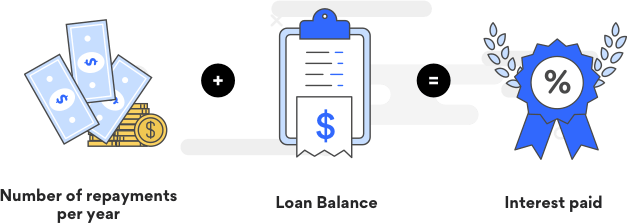Invoice factoring is a very different type of business finance to traditional borrowing, so the costs have to be calculated differently. Factoring involves selling your invoices (the amounts due to your business from customers) to a third party, or ‘factor’.
You can expect to get an immediate cash advance of up around 70% – 90% of the invoice amount, which can be very useful if cash flow is tight. The factor takes on the responsibility of collecting payment on the invoice, and then pays you the remainder of the amount due, less a fee.
Typically, factoring fees range from 1.5% to 4.5% of the invoice per 30 days outstanding (so you will generally pay substantially more for an invoice due in 60 or 90 days). But it’s important to be aware that there may also be other costs, such as money transfer charges, administration fees and penalties, and these can vary widely between lenders.
Terms and conditions vary too, and can have a big impact on the cost – you may pay less if you sign up for a fixed period and agree to sell all your invoices to the factor, while the flexibility to pick and choose when and which invoices to sell is likely to come at a higher cost.
There’s another serious potential cost to consider too – the impact on your reputation and future business. You have no control over the way the factor behaves when collecting payment, and their conduct could affect your relationship with your customers.

